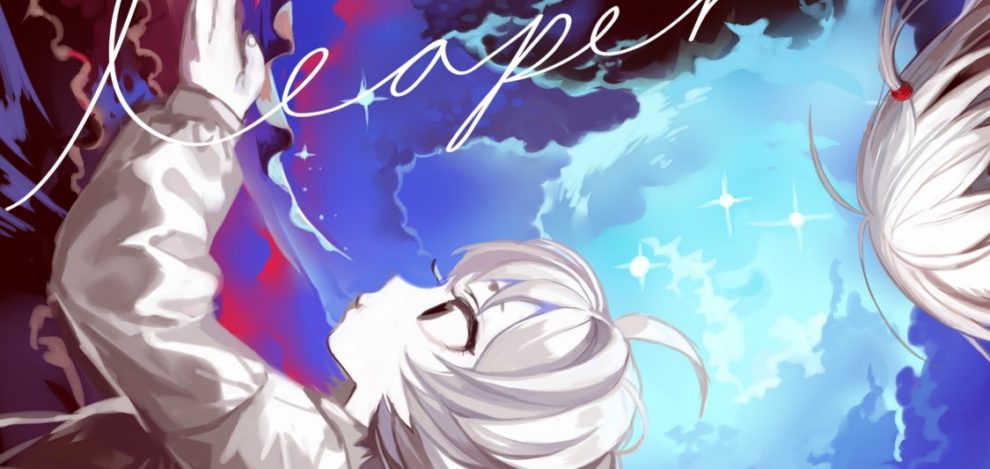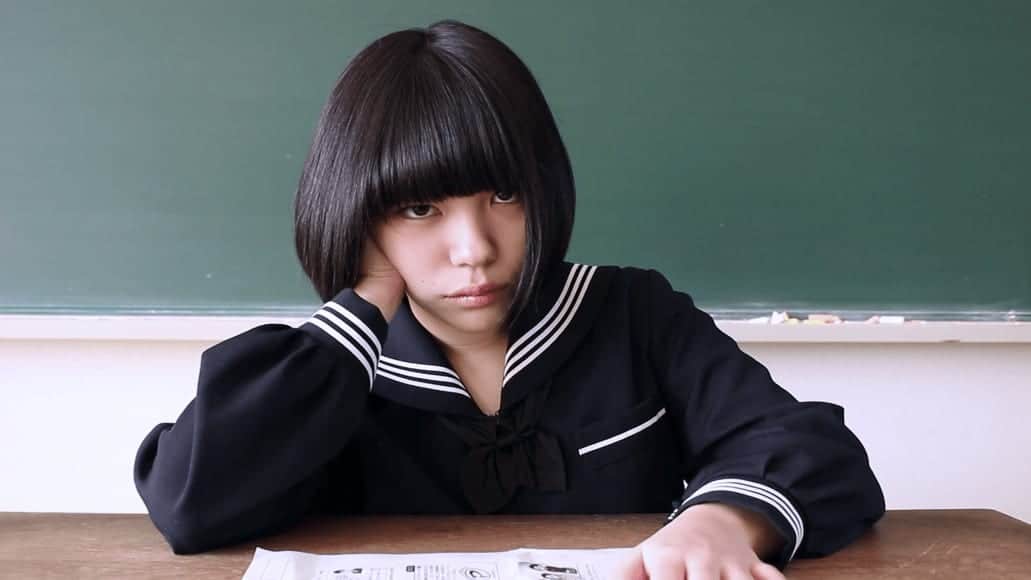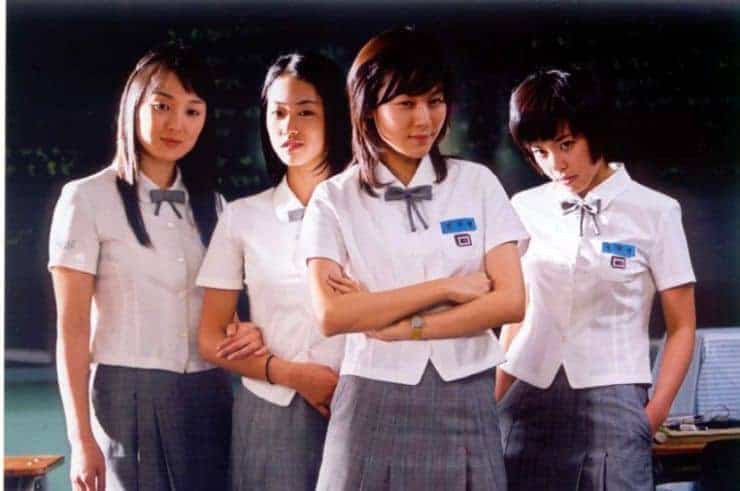“There are those born on a date that occurs only once every four years. These people are called “leapers” — individuals who age biologically at a rate four times slower than that of normal people and go on to live for over 300 years. Mio Aono is one such person and she, like many other leapers, experiences and sees life through all its mortal limitations.” (Official)
“Leaper” is available from Irodori Aqua
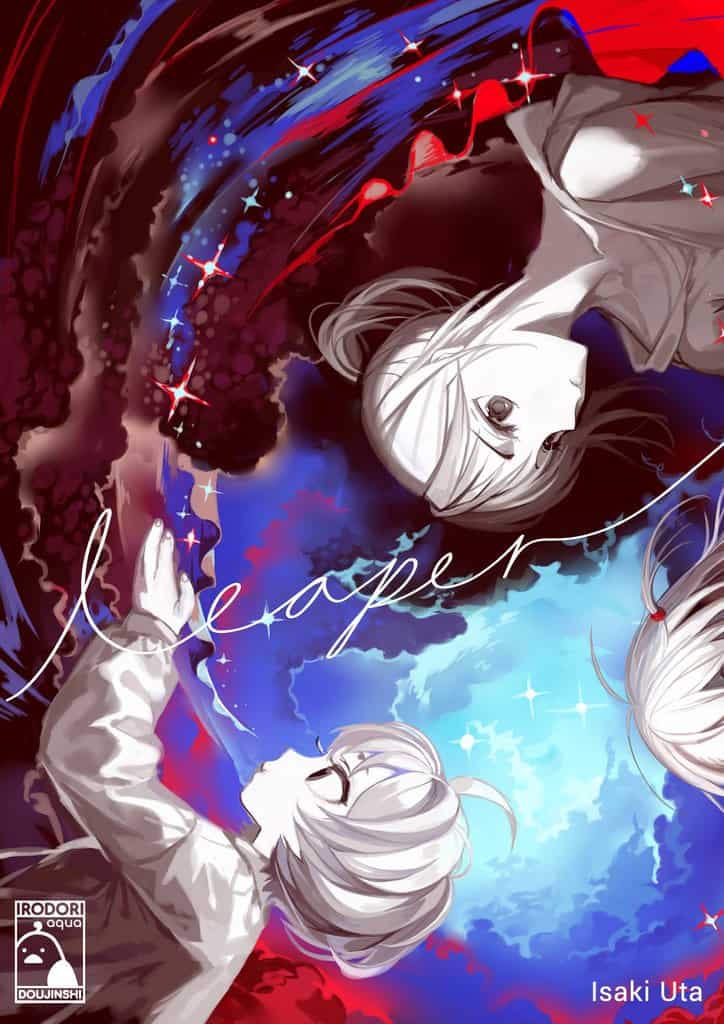
Time is a precious commodity, and when hours become stripped away or altered, it can be a drastically disorienting experience. “Leaper” is one such title that explores a bizarre distortion, using a young girl who lives four times longer due to being born on a leap year. The effects of seeing friends and family age faster is understandably troubling young Mio, with the situation being equally tragic for those who grow past her. While the concept borders on the fantastical, Uta's ability to keep her work grounded in relatable emotions makes “Leaper” an engaging experience. Uta accomplishes this by focusing on key defining moments of her life where being a ‘leaper' poses problems in relationships with family and friends.

The art on this release is slightly inconsistent, but this is explained in the author's note at the end. Essentially, while the copyright of the original edition is for 2021, the creator's statement confirms that this was from an earlier project, completed about a decade ago. Furthermore, that not only has her artistic style changing, but there was a rush to finish the last bit, which does come across in the last few pages. Regardless, the expressive work of the mangaka stays in tack, with lovely expressive eyes and a nice complimentary flow that touches on both lite-comedy and tragedy. The visual presentation is also heightened by the work of Irodori in lettering and placement, giving the manga a crisp, clean layout.
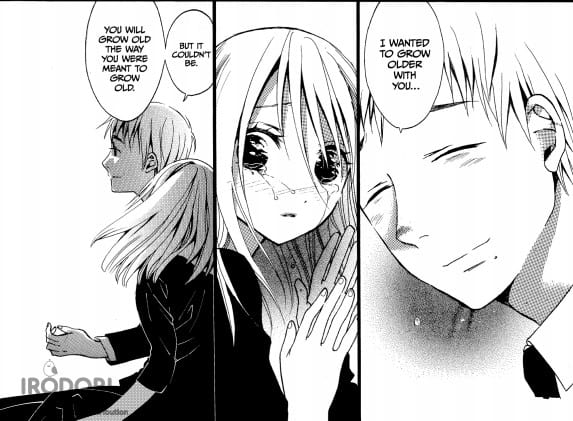
Not without fault, there are some misses within this release in both narrative structure and design, (perhaps in part to being rushed). To question a key point, Mio is seen as someone simple, since ‘leapers' tend to suffer from developmental issues. Ultimately this plot device feels forced towards building a delicate persona, as aging one year to every four should result in extra time to soak in knowledge. It is arguable, but the approach does feel slightly awkward and forced to evoke emotions over properly exploring the phenomenon of “leapers”. In addition, the ending is bound to be divisive with a lofty concept that is introduced within the last pages to seek closure for Mio's plight. Despite all this, the emotional profundity and storytelling of Uta overshadows these questionable elements.
While it is easy to nitpick the narrative devices utilized in “Leaper”, the strength of the initial visceral reaction to the troubled life of Mio is undeniable. Within the Doujinshi format, independently published and restricted to shorter page count, Uta is able to compound decades of a character's life through focusing on key moments of her development, an impressive feat that shows the mangaka's ability within the self-limiting format to create an endearing piece of fiction. Ultimately, with the format allowing creative freedom and greater profit for the creator, “Leaper” is the perfect title to support and celebrate unique voices in manga.


